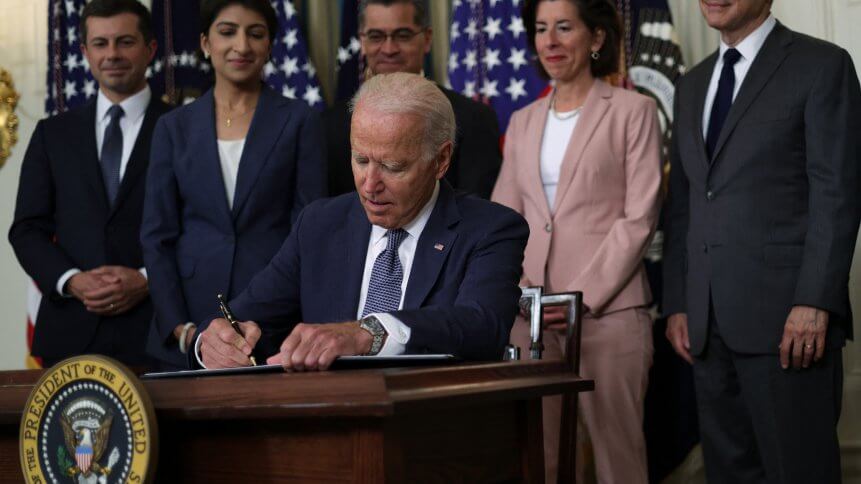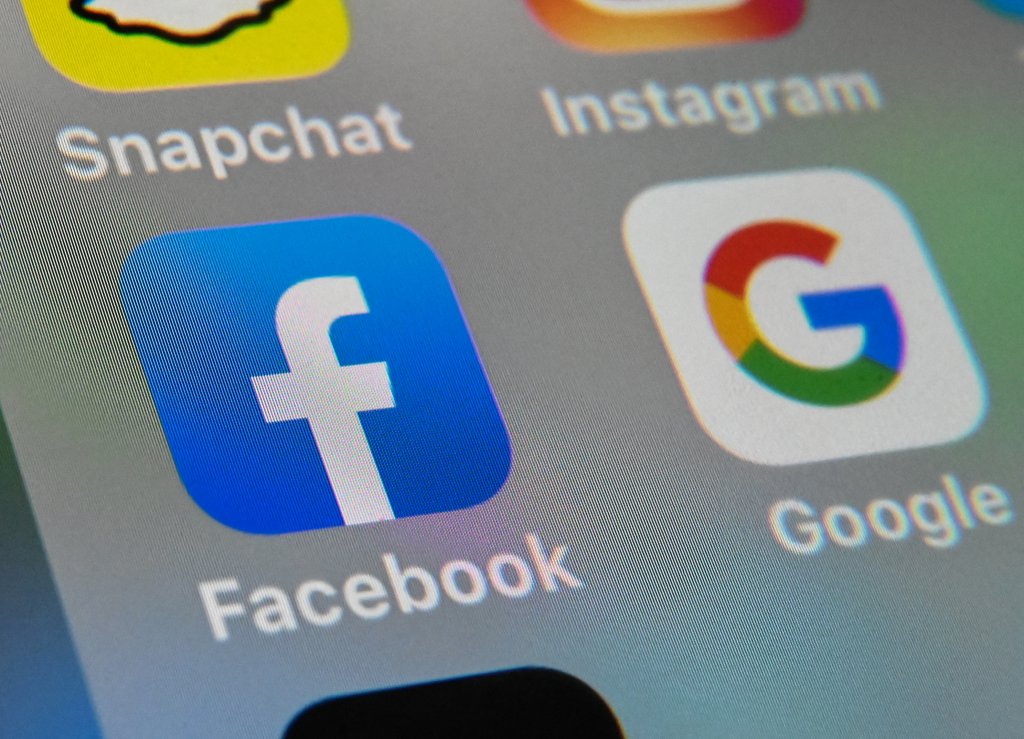
Monopoly by tech giants has become an unfortunate recurring theme in the tech industry for some years. Companies like Facebook, Google, Amazon as well as internet service providers such as AT&T and Verizon are known as examples that dominate many of the applications within their respective industries. However, the stranglehold may soon be changing, if new legislation in the US has anything to say about it.
US President Joe Biden recently signed an executive order that targets anti-competitive practices across the economy. The order, which is the latest in a series of Biden actions related to anti-trust issues, is expected to see some of the US’s largest tech companies face major repercussions. According to CNBC reports, the order includes 72 actions and recommendations that involve a dozen federal agencies. The order is expected to reshape the thinking around corporate consolidation and antitrust laws in the country.
Some of the world’s largest tech companies have been monopolizing the industry for years, restricting any competition from smaller organizations. The exploitation of consumers’ personal information has also been discussed several times, with companies like Google already having antitrust lawsuits brought about by 36 states and the capital.
“Capitalism without competition isn’t capitalism. It’s exploitation,” said the President before signing the directive at the White House.
Some of the recommendations include urging the Federal Trade Commission (FTC) to challenge prior bad mergers that previous administrations let slide as well as establishing a White House Competition Council to lead federal responses to large corporation’s growing power. Recommendations also include encouraging the FTC to ban or limit noncompete agreements within the same industry.
Large tech enterprises have often been criticized for their lack of fair comparison of competitor’s offerings. Whenever a new player emerges, they tend to launch a takeover bid and attempt to buy over the company. Facebook was one of the large organizations often criticized for buying over social media startups to reduce the competition for their erstwhile platform. This included the purchase of messaging application WhatsApp, and the social media photo and video app, Instagram.
Fortunately for the social giant, a federal court dismissed the FTC’s antitrust campaign against the social media giant last month. The court stated that the FTC did not prove how Facebook maintained a monopoly in the industry. In March, the US Supreme Court declined to consider an appeal by Facebook, that would have derailed a US$15 billion lawsuit over whether the networking pioneer illegally tracked users about a decade ago.

(FILES) Dozens of US states joined forces in a lawsuit filed on July 7, 2021 accusing Google of abusing its power when it comes to getting apps for Android-powered mobile devices. (Photo by DENIS CHARLET / AFP)
Monopolizing the industry
Companies like Google, Microsoft, IBM have also made major acquisitions in the past that have caused concern over the industry. The general concern from the public is that the monopolization will not only reduce competition but also create security concerns, especially in the access of personal data and privacy. For smaller tech businesses, the monopolies limit their growth and expansion opportunities in the market.
When TikTok, a video-sharing app by Chinese company ByteDance gained momentum in the US, Facebook was quick to launch Reels — a virtual clone of TikTok on Instagram, due to security concerns made by the previous administration. Amidst the bids of several tech giants including Microsoft to buy over TikTok’s operations in the US, Oracle was eventually chosen as its partner. The deal was reportedly shelved after the Trump administration ended earlier this year.
In a Wall Street Journal report in December 2020, Facebook and Google agreed to cooperate and assist each other if they ever face an investigation that probes their past pact to work together in online advertising.
In February this year, Australia passed a world-first law aimed at making both Facebook and Google pay for news content on their platforms. Compared to the order signed by Biden, the Australian legislation encouraged both companies to negotiate payment deals with news organizations for running news content on their platform. After some hesitation, with Google threatening to pull its services from Australia, both companies eventually agreed with some changes made to the legislation.
The order signed by President Biden is expected to provide some relief to the smaller players in the industry. Small and medium-tech businesses have been facing strong resistance to entry into certain markets due to the monopolization by the large players. While companies like Amazon, Apple, Facebook, and Google and a firm grip over digital markets, this order may just loosen the monopoly grip by US tech giants, and have repercussions for antitrust legislation in other parts of the world.










